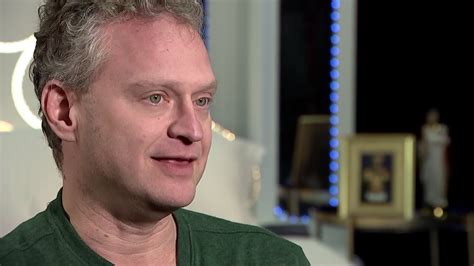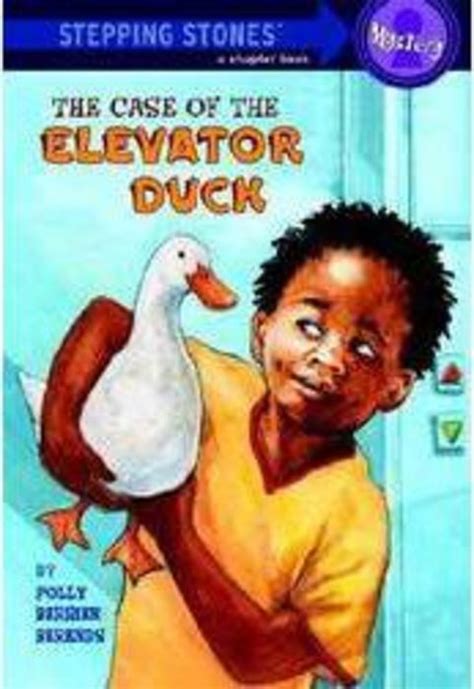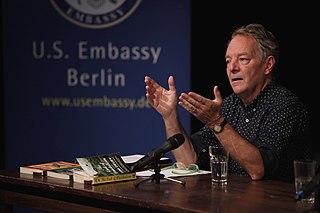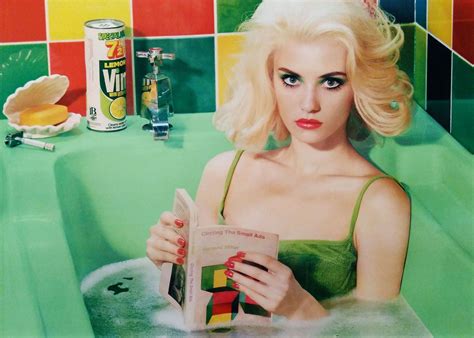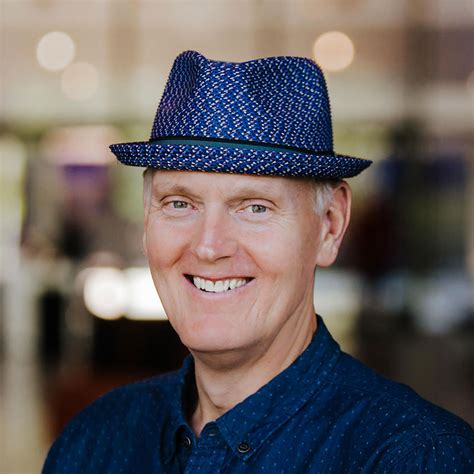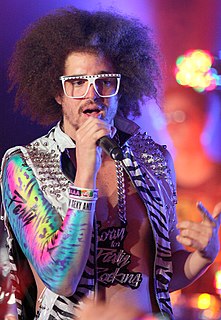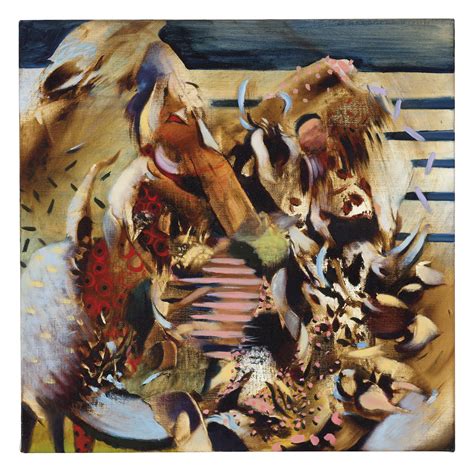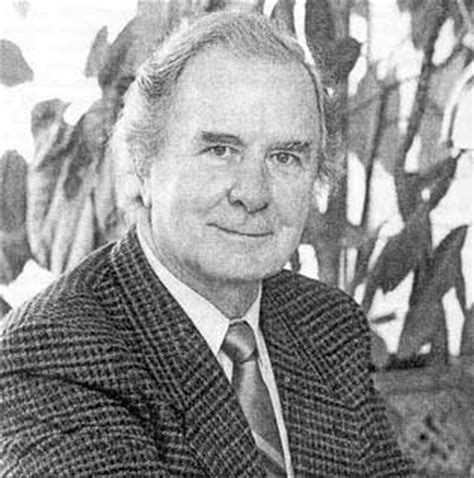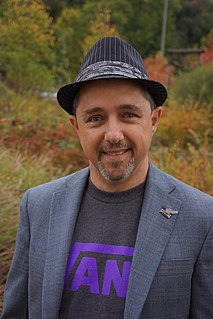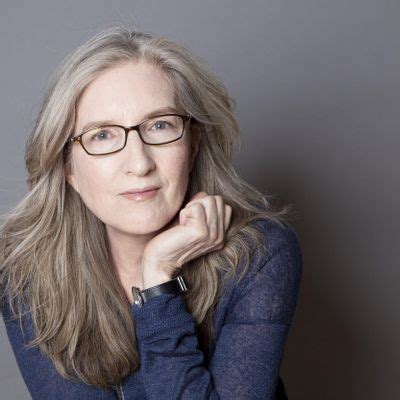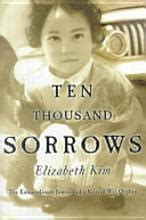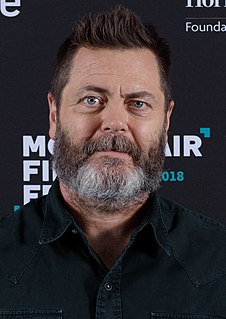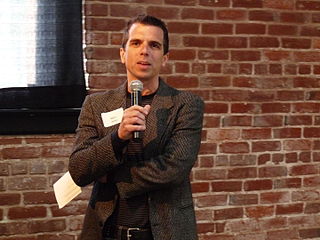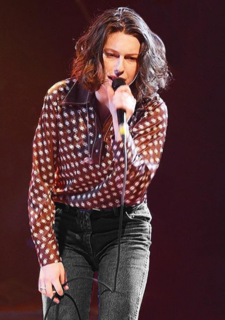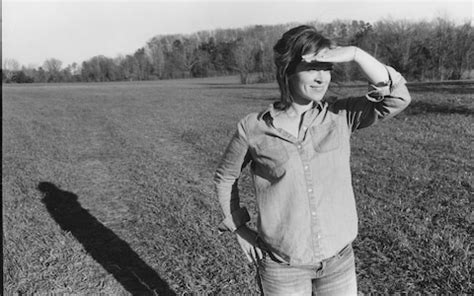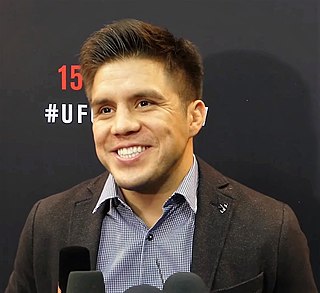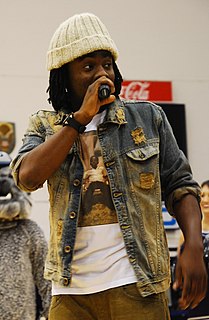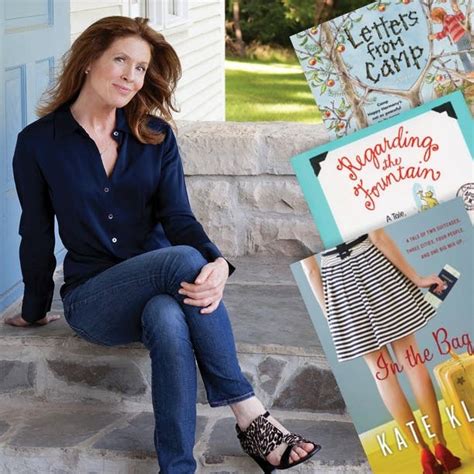Top 1200 Reading Life Quotes & Sayings - Page 19
Explore popular Reading Life quotes.
Last updated on November 15, 2024.
Words are alive--when I've found a story that I love, I read it again and again, like playing a favorite song over and over. Reading isn't passive--I enter the story with the characters, breathe their air, feel their frustrations, scream at them to stop when they're about to do something stupid, cry with them, laugh with them. Reading for me, is spending time with a friend. A book is a friend. You can never have too many.
I have taken much pains to know everything that is esteemed worth knowing amongst men; but with all my reading, nothing now remains to comfort me at the close of this life but this passage of St. Paul: "It is a faithful saying, and worthy of all acceptation, that Jesus Christ came into the world to save sinners." To this I cleave, and herein do I find rest.
Those of us who know the transporting wonder of a reading life know that it little matters where we are when we talk about books or meet authors or bemoan the state of publishing because when we read, we are always inside, sheltered in that interior room, that clean, well-lighted, timeless place that is the written word.
Awareness of having better things to do with their lives is the secret to immunizing our children against false values--whether presented on television or in "real life." The child who finds fulfillment in music or reading or cooking or swimming or writing or drawing is not as easily convinced that he needs recognition or power or some "high" to feel worthwhile.
I literally feel like books saved my life. I found these people. Me reading Camus and Kafka, all of the tortured teenager stuff of someone who's falling in love with books. These people, these writers had the questions. They may not have had the answers, but they're not afraid to look at the questions head on. It was just life-changing for me. Yeah, books, honestly, I can't even tell you. I feel saved by books; I feel like they let me be who I was and find the world I wanted to be in.
For any woman reading this, I hope it helps you to know you have options. I want to encourage every woman, especially if you have a family history of breast or ovarian cancer, to seek out the information and medical experts who can help you through this aspect of your life, and to make your own informed choices.
I don't think of my characters as bumbling. I think that trouble is what drives a novel, both big troubles and small troubles, and whatever people try to do in life, there are a series of stumbling-blocks in the way, and I think that makes for interesting reading. I think of them as doing their best with the roadblocks that they're given.
If I were reading a book and happened to strike a wonderful passage I would close the book then and there and go for a walk. I hated the thought of coming to the end of a good book. I would tease it along, delay the inevitable as long as possible, But always, when I hit a great passage, I would stop reading immediately. Out I would go, rain, hail, snow or ice, and chew the cud.
In Radical Optimism, Beatrice Bruteau sets forth a deep and shining vision of spirituality, one that guides the reader into the contemplative life and the very root of our being. Dr. Bruteau is a philosopher of great measure whose work should be required reading for all who seek the deepest truth about themselves.
Just reading that - just reading that a person can be black and still perform in blackface, making fun of black people for a living, and at the same time be a genius and be an incredible entertainer and at the same time be extremely conflicted and feel like - just feel terrible for doing that, essentially, which is what Bert Williams felt, from what I gather, from what I read - all of that just made - was so incredible to me.
I had been reading a lot of J.G. Ballard in the 90's and was fascinated by the idea of the vapid consumer society, the erotic charge of modern life, where the consumerist things we are coveting are just another form of destroying oneself - a modern world of uncertainty, where lost souls are trying to grab onto something for sense of contentment.
I'm writing with the assumption that most of you who are reading this book have concluded what I have: Preaching doesn't workpreaching, as we know it, is a tragically broken endeavor. The value of our practices-including preaching-ought to be judged by their effects on our communities and the ways in which they help us move toward life with God.
I don't think there's anything that I would really baulk at doing on-screen. I don't think so. I've got certain pet peeves about writing... my pet peeve about reading scripts is when they give you a line reading and there'll be a line but next to your character's name it'll say 'very angry'. But I'm like: "Well, I'll decide that actually!" So, there's little things like that. That's a slight pet peeve.
Reading those turgid philosophers here in these remote stone buildings may not get you a job, but if those books have forced you to ask yourself questions about what makes life truthful, purposeful, meaningful, and redeeming, you have the Swiss Army Knife of mental tools, and it's going to come in handy all the time.
I have always been fascinated by the human mind, conscious and unconscious - that is what writing and reading is about, too. The why of your life and the why of your choices and the what has happened that you know and the what that you don't know is really riveting, and psychoanalysts share my wonder at how it all unfolds.
After reading the book 'The Secret,' it really changed my life because they made it visual and you saw how when someone thinks negative they attract negativity. A self-fulfilling prophecy whether it was negative or positive is basically the whole concept. Whatever you think, your mind is going to reproduce.
Think about the way you go surfing on the Internet - you go from one thing to another. You can't really concentrate. I can't sit and read 10 pages on my computer. You'll read and then all of a sudden part of your brain is like, "What about that? ...You're not reading the whole book. You're reading fragments. Even though I think it's bad, I think it's interesting too, because that's the way my brain works.
My childhood dream was to study mechanical engineering. After reading 'The Mysterious Island' - which I read 25 times as a boy - I thought that was the best thing a person could do. The engineer in the book knows mechanics and physics, and he creates a whole way of life on the island out of nothing. I wanted to be like that.
I like people, I really do. I like meeting people. But most of the time I would rather be at home reading a book than reading in a bookstore. It's a performance, and it ends up being all right, and then you have a nice shot of bourbon afterwards, and it's all good. I want to please people. I want to be nice. I want to be liked. As a result I say yes to everything. But it takes a lot of vital energy out of me.
Every time I do a movie, I'm reading the script, or if it's something I have coming up, I'm reading the script, and I just spend hours and hours and days and weeks and months going over the script and just writing a lot of different ideas down, finding a little dialogue or just coming up with ideas for scenes and moments and all that kind of stuff.
Allowing yourself to stop reading a book - at page 25, 50, or even, less frequently, a few chapters from the end - is a rite of passage in a reader's life, the literary equivalent of a bar mitzvah or a communion, the moment at which you look at yourself and announce: Today I am an adult. I can make my own decisions.
One of my earliest memories is of seeing my mother in her beach chair, reading a book under an umbrella by the water's edge while my sisters and I played beside her. Of all the life lessons she taught me, that is one of my favorites: to take time at a place I love, restore my spirit with books and the beach.
I feel like my life is at its happiest when I don't have a looming deadline. There's some really groovy wonderful times, when I'm like, "I have a new piece, I'm excited about it, I'm reading all these books about it, but there's not a lot of time pressure, and I'm financially stable enough right now that I don't have to be trying to get another job." But that's so rare.
So I kept reading, just to stay alive. In fact, I'd read two or three books at the same time, so I wouldn't finish one without being in the middle of another -- anything to stop me from falling into the big, gaping void. You see, books fill the empty spaces. If I'm waiting for a bus, or am eating alone, I can always rely on a book to keep me company. Sometimes I think I like them even more than people. People will let you down in life. They'll disappoint you and hurt you and betray you. But not books. They're better than life.
I love fortune readings! because when I get in troubles, if the reading says that I am in a lucky day, I can think my troubles are just some kind of mistakes, and if the reading says that I am in the unlucky day, I can think that my troubles are just because of my bad luck. Either ways, I can know the reason of my troubles.
So this is supposed to be about the how, and when, and why, and what of reading -- about the way that, when reading is going well, one book leads to another and to another, a paper trail of theme and meaning; and how, when it's going badly, when books don't stick or take, when your mood and the mood of the book are fighting like cats, you'd rather do anything but attempt the next paragraph, or reread the last one for the tenth time.
What I didn't tell her was that I distinctly remember walking out of my junior year English class reading, 'Amandla Stenberg comes out as queer.' She unknowingly set a precedent in my life, a gold standard of how to be proud and exist in the intersectionality of multiple identities that were one thought of as being conflicting.
Ultimately, I want a peak experience in reading, and that is sometimes difficult to find in contemporary fiction. I'm not interested in books that are just clever and well executed; polish doesn't impress me, and I don't care about a merely capable sentence. Life is short; I want a confrontation with high art. I want soul.
Even as a teenager we got interested in the Beats, Dada, and Surrealism, and so on. What drew us to those was that their lives were their art. It wasn't something they did separately. Reading biographies of artists of that kind was what was fascinating to me, more than the stuff they made. We became convinced that life and art is really the same thing.
No player in the NBA was born wanting to play basketball. The desire to play ball or to read must be planted. The last 25 years of research show that reading aloud to a child is the oldest, cheapest and must successful method of instilling that desire. Shooting baskets with a child creates a basketball player; reading to a child creates a reader.
It can't be supposed," said Joe. "Tho' I'm oncommon fond of reading, too." Are you, Joe?" Oncommon. Give me," said Joe, "a good book, or a good newspaper, and sit me down afore a good fire, and I ask no better. Lord!" he continued, after rubbing his knees a little, "when you do come to a J and a O, and says you, 'Here, at last, is a J-O, Joe,' how interesting reading is!
P.S. Nothing personal, but I think this journal assignment is a waste of time. I know I have to do something to make up for all the work I'm missing at school, but I HATE busywork. And that's what this journal thing is. Half the teachers at school assign work they never read. When we get stupid assignments like that, I always write somewhere on my paper "blah blah blah" or "I bet you're not even reading this," are you? or "Give me a sign if you're reading this." They never are.



